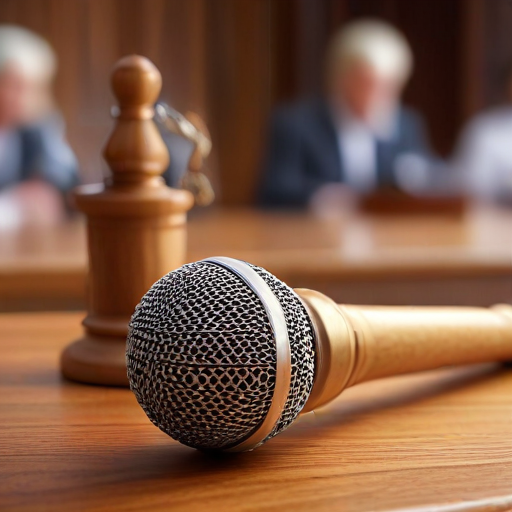Brendan Carr, President-elect Donald Trump’s nominee for chairman of the Federal Communications Commission (FCC), wasted no time in outlining his priorities shortly after his appointment. Just one hour after thanking Trump, Carr emphasized the need to dismantle what he calls a “censorship cartel” and to restore free speech rights for Americans in a post on X. His message received a swift endorsement from Elon Musk, who responded simply with “Based.”
Carr’s statement indicates a significant shift in focus for the FCC, traditionally concerned with broadband internet deployment and wireless spectrum policy. Instead, Carr is setting his sights on accountability for technology companies regarding alleged censorship, as well as a move away from the FCC’s promotion of diversity, equity, and inclusion initiatives.
Having been appointed to the FCC in 2017, Carr is now positioned as the senior Republican and expectations were high for his elevation to chairman. He has developed a close relationship with Musk and has accused Democrats of imposing regulatory challenges on Musk’s Starlink internet service. With Carr as chairman, there is speculation that he could facilitate substantial federal subsidies for Starlink.
Carr’s views align closely with Trump’s campaign rhetoric, particularly regarding concerns of conservative censorship related to social media platforms. He has taken direct action, recently addressing CEOs of major tech companies in a letter asserting that restorative efforts for First Amendment rights were forthcoming, potentially affecting companies like Meta and Apple. His letter targeted NewsGuard, a news reliability startup, which countered by stating Carr’s allegations were unfounded.
Despite these aggressive stances, experts caution that Carr’s ability to enact change may be limited. The FCC lacks substantial oversight powers over large tech platforms, and meaningful reforms in this area would likely require congressional action.
As part of his agenda, Carr has explicitly targeted TikTok, labeling it as a significant risk to national security, echoing Trump’s earlier calls for its banning. Furthermore, he has advocated for the repeal of net neutrality regulations and proposed alterations to Section 230 of the Communications Decency Act, which provides certain protections to tech companies.
While Carr’s views have received considerable criticism from groups such as Free Press, which argue he will pursue Trump and Musk’s personal agendas, others have acknowledged his qualifications and expertise. Gigi Sohn, a former FCC lawyer, noted that, despite differences, Carr is capable and experienced.
Carr’s priorities and commitments stand in stark contrast to the previous FCC chair, Ajit Pai, who focused on reducing the digital divide and enhancing 5G technology. This evolving landscape at the FCC under Carr’s leadership may lead to significant changes in the way communication policies are shaped in the U.S.
Overall, Carr’s appointment represents a pivotal moment for the FCC, reflecting a shift toward a more partisan agenda. This change, while controversial, opens the door for potentially meaningful discussions about the role of free speech and accountability in an increasingly digital world.
In summary, Carr’s direction, seen through the lens of his relationship with Trump and Musk, may lead to ongoing debates about censorship and media accountability in America, spotlighting the evolving nature of telecommunications policy in a rapidly changing digital landscape.
